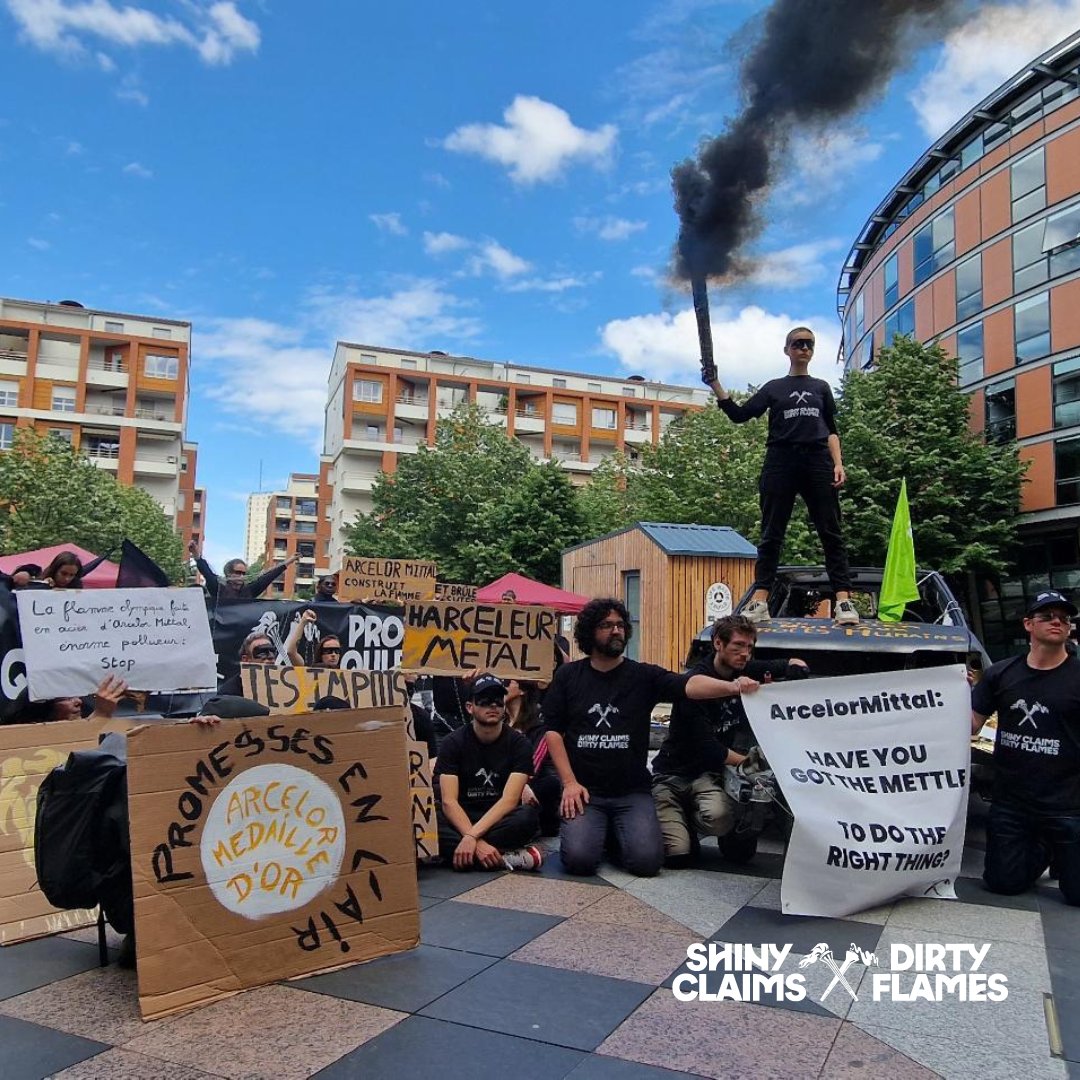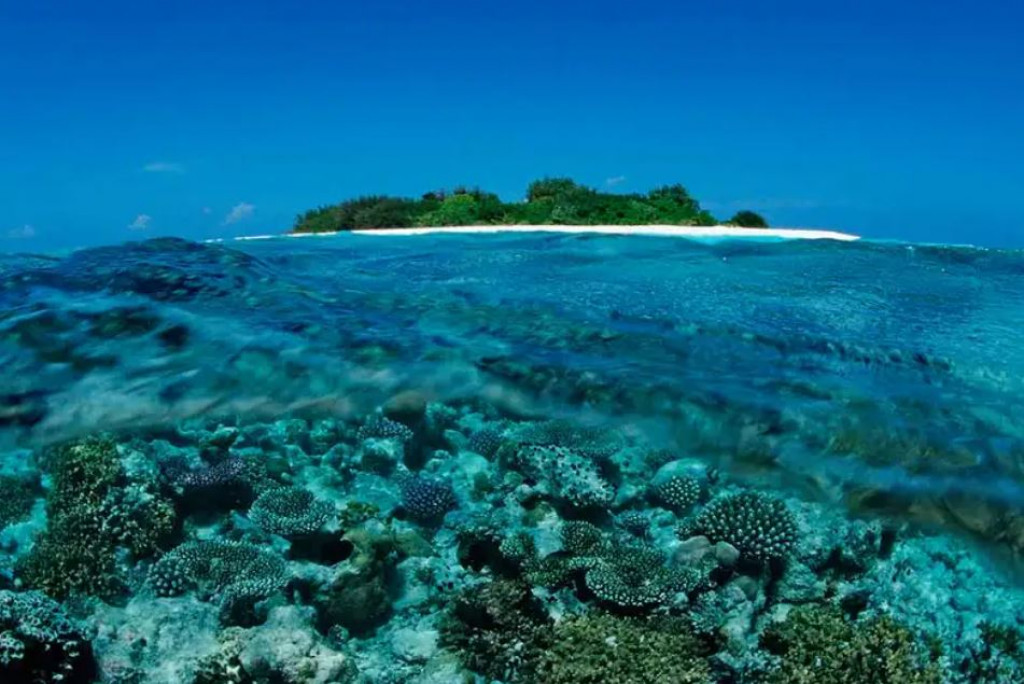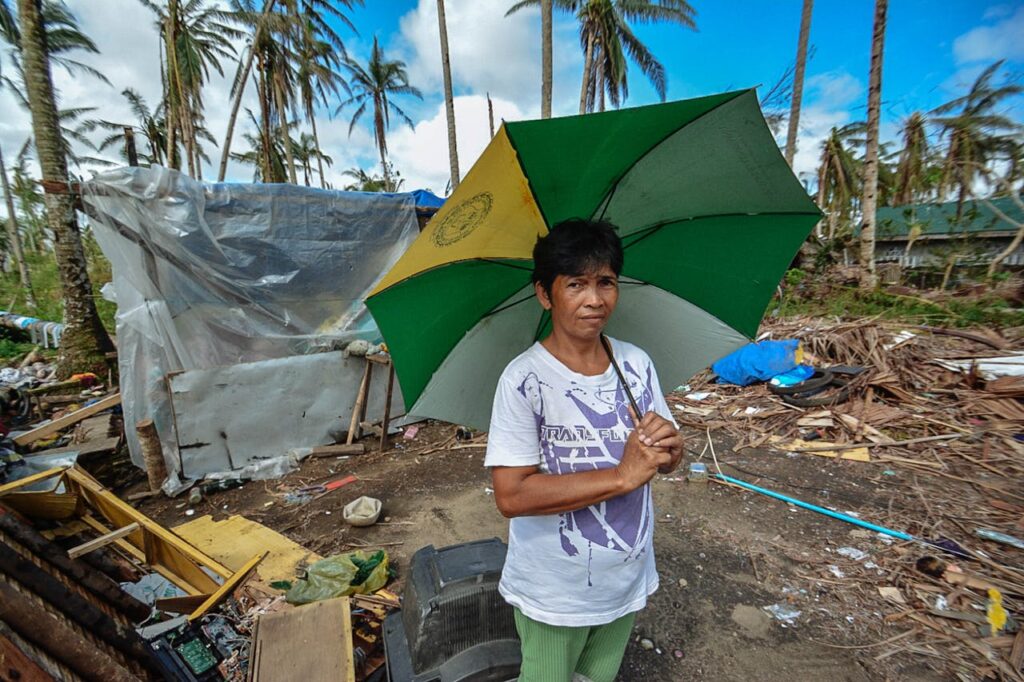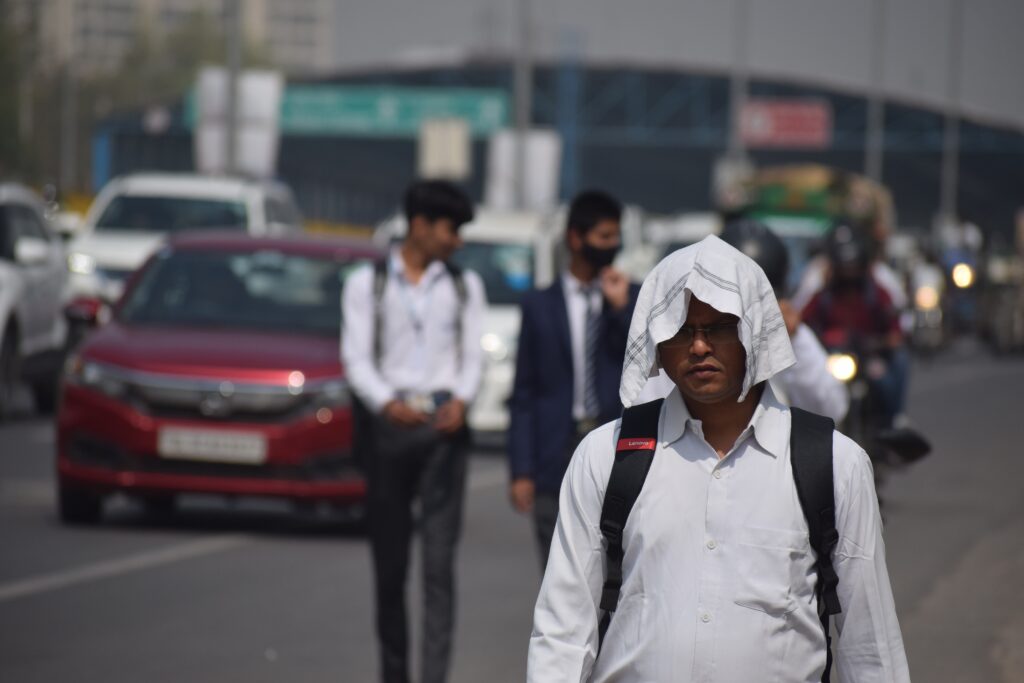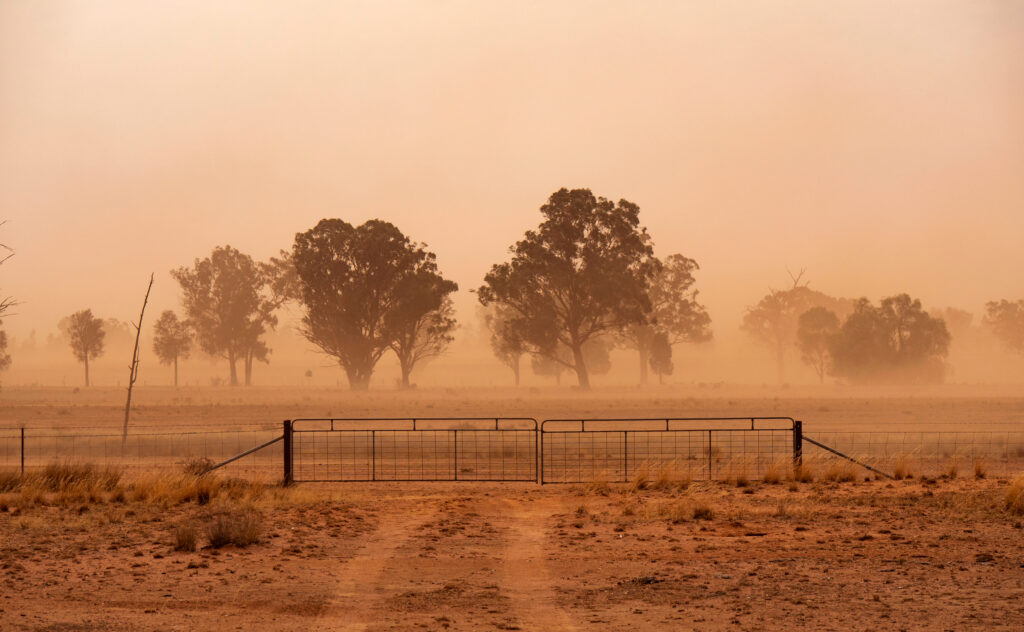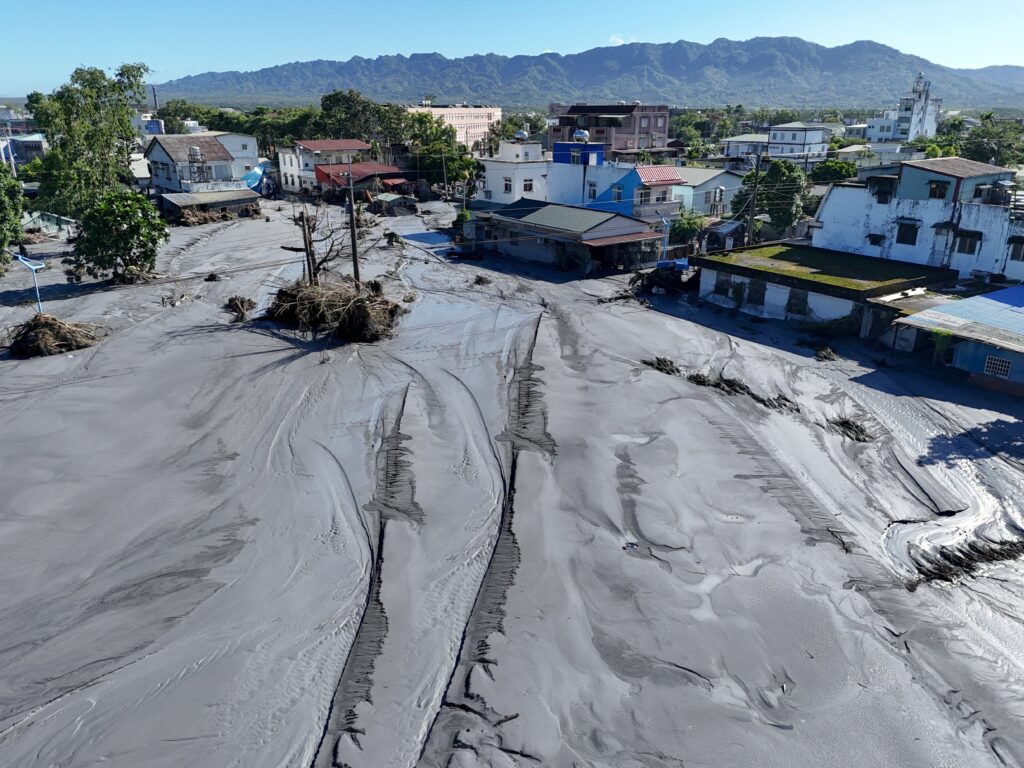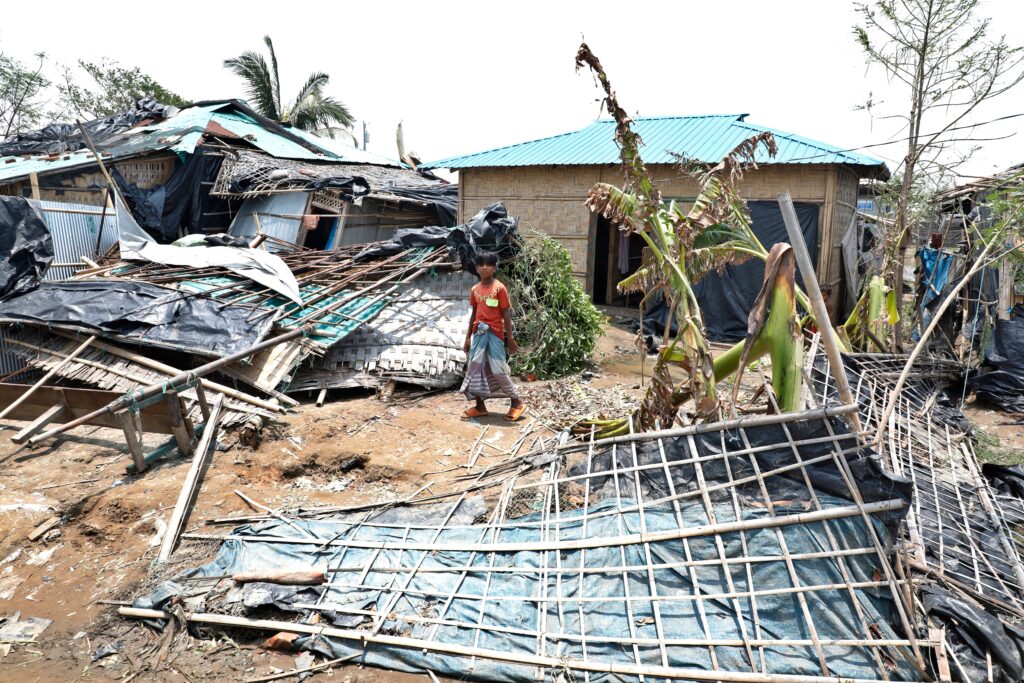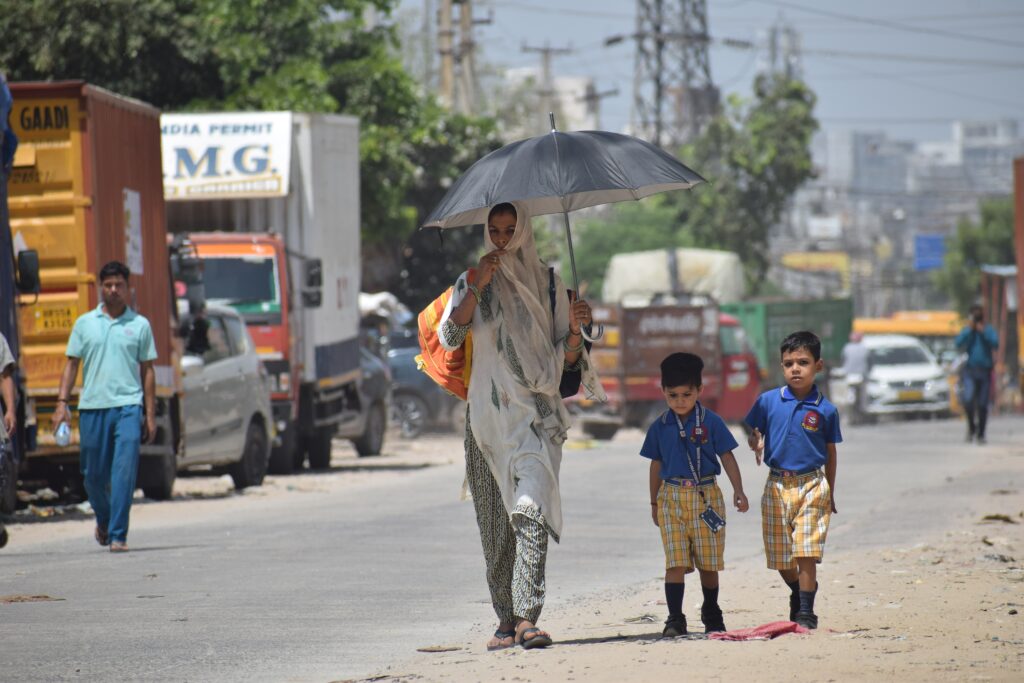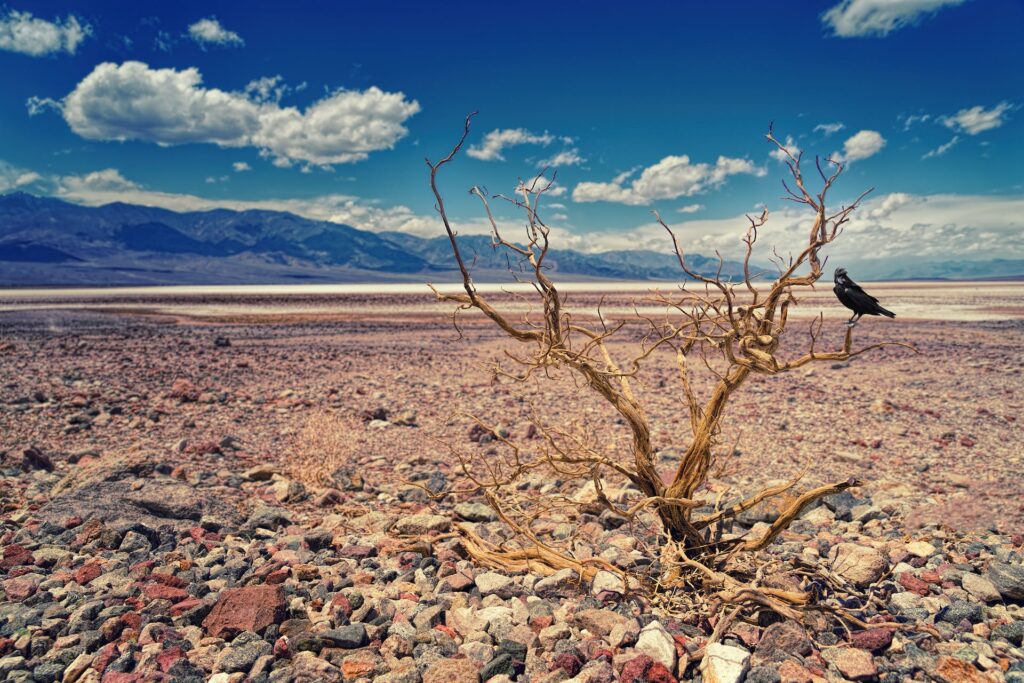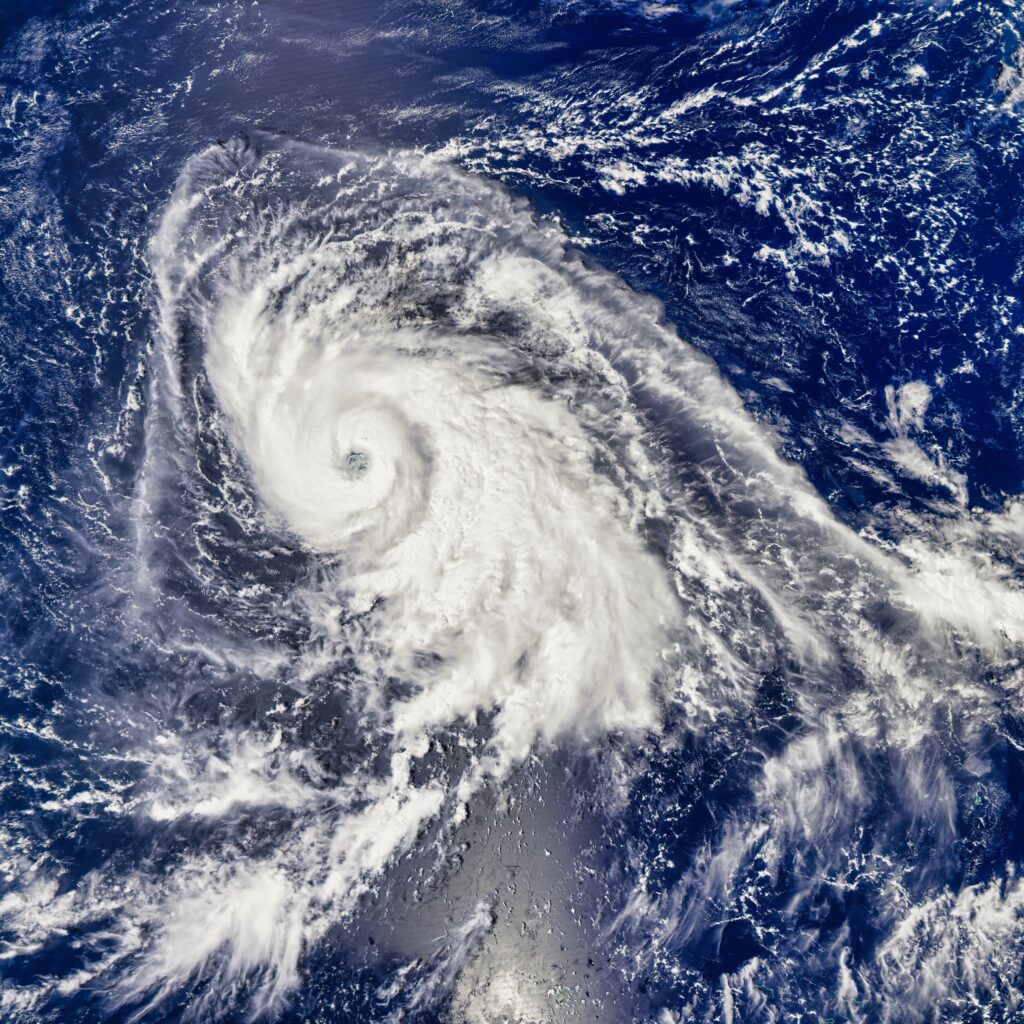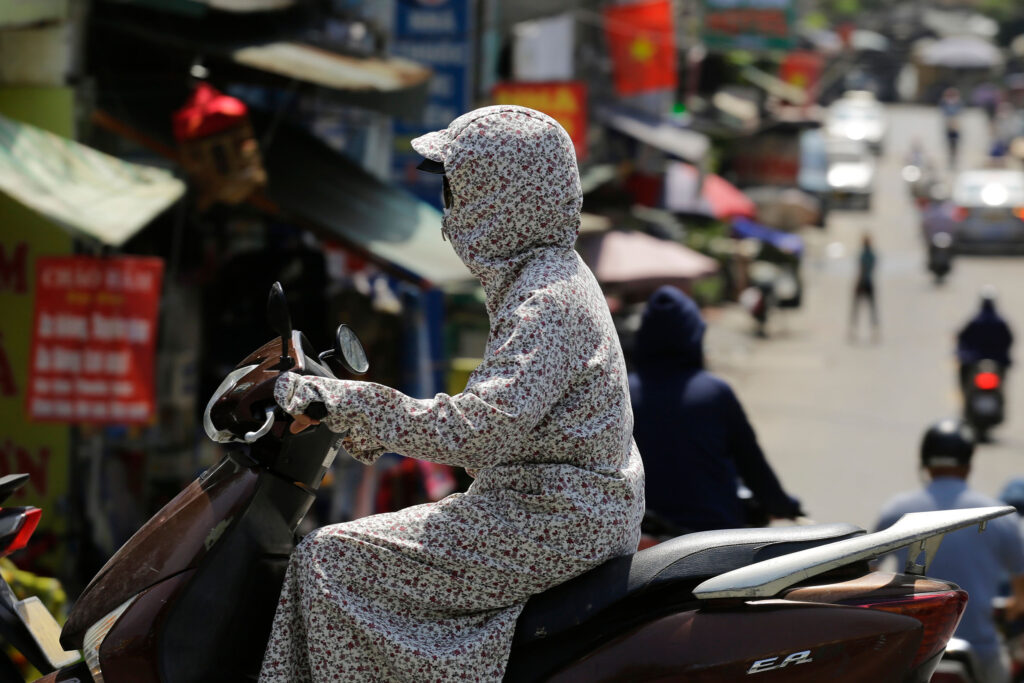The world is gearing up for the 2024 Paris Olympics, which organisers have promised to be the greenest in Olympic history, but there’s strong suspicion of sportswashing from ArcelorMittal and Toyota, sponsors of the event.
The host committee has pledged to halve the event’s emissions footprint compared to previous Summer Games, which would mean Paris 2024 will offer the first Games aligned with the 2015 Paris Climate Agreement, organisers say. A comprehensive sustainability plan covers the event’s energy, food, venues and transport – including powering the Athlete’s Village with renewable energy sources, doubling the amount of plant-based food served and ensuring all event venues are accessible by public transport.
Embedding climate action into the Olympics is a positive step forward and sets a strong precedent for future events. Given that climate change’s severe and escalating impacts pose an existential threat to sports, this action is necessary to safeguard the Games’ very future, too.
Yet, solar panels and e-bikes aside, super-polluting companies with direct links to fossil fuels remain key sponsors of the Games. Companies like ArcelorMittal and Toyota – responsible for significant climate harm – are accused of using the Olympics and Paralympics to “sportswash” their polluting image, undermining the Game’s sustainability credentials and alignment with global climate goals.
Fossil Fuels Sponsor An Industry While Destroying It
Fossil fuel emissions are by far the largest contributor to dangerous climate change and one of the greatest threats to human health and well-being — responsible for an estimated one-fifth of deaths globally every year.
Yet, many of the world’s biggest polluters also sponsor sports events and teams while jeopardising our collective health and the future with their emissions. “The fossil fuel sponsorship list is lengthy and grows year-by-year,” highlight the authors of the report Rings of Fire: Heat Risks at the 2024 Paris Olympics. By associating themselves with the positive associations of sports, they green their public image and divert attention from their harmful climate actions elsewhere.
This practice of sportswashing has become a go-to strategy for many polluting companies to launder their dirty image and mislead the public.
“We know why polluting companies sponsor sportspeople, clubs and competitions,” said Etienne Stott MBE, Olympic gold medalist and environmental campaigner. “Like the cigarette companies before them, they want to benefit by association with images of active, young healthy athletes and the emotional commitment of fans.”
Making matters worse, many of these companies are pursuing strategic and aggressive lobbying strategies to obstruct climate action around the world, allowing dangerous heat to spiral and further threaten our future. As these dark and dirty practices come under increasing scrutiny, sports figures are speaking out. “For the sake of everyone involved, it’s time for sport to use its power to say ‘no’,” said Stott.
Sportswashing: Examples From the 2024 Paris Olympics
While the Paris host committee has explicitly committed to hosting a “fossil fuel free” Games, the track record of some of its sponsors tells a very different story.
ArcelorMittal: Not So Green Steel
ArcelorMittal is sponsoring the Games, where it has provided low-carbon steel for the Olympic torch. Yet, while painting itself as a progressive, green steel company, the industrial giant operates 33 coal-based blast furnaces worldwide and is responsible for 114.3 million tonnes of planet-heating emissions – comparable to that of Belgium.
Despite recent pledges to clean up its operations, ArcelorMittal is evidently shirking its climate commitments. The company is failing to invest in its decarbonisation measures – spending just one-third of its pledged USD 1.5 billion on decarbonisation over the last three years, advocacy group SteelWatch reported. In the same three-year period, it handed USD 11 billion to shareholders while soaking up billions in public subsidies to decarbonise its operations.
Not only is ArcelorMittal failing the world on climate – but the company also faces challenges over its record on human rights abuses and air, water and land pollution. By aligning itself with the Paris 2024 Olympics, SteelWatch accuses the company of using the event to sportswash its image and mislead the public about its dirty operations.
“If running away from promises was an Olympic sport, ArcelorMittal would be a gold medalist,” said Caroline Ashley, SteelWatch director. “It promises a lot to communities harmed by its business, and to taxpayers and governments to secure subsidies to cut climate emissions. Then it backtracks on commitments.”
“All the money it says it needs to live up to its shiny decarbonisation claims appears to have been spent lining its shareholder’s pockets instead,” said Ashley.
Toyota ‘Abusing’ its Olympic Partnership with Polluting Vehicles
Toyota is a sustainability partner of the Olympics and its main sponsor. Yet, transport emissions are one of the planet’s biggest sources of pollution, and global car brands like Toyota routinely rely on sports to greenwash their credentials, explained a 2023 report.
Despite Toyota’s numerous pledges to improve its environmental track record, the automatic giant remains “woefully behind” on scaling up its production and sales of electric vehicles. By 2040, the automotive giant plans to sell 110 million internal combustion engine (ICE) vehicles, with lifetime emissions of around 7.4 billion tonnes of CO2 — equivalent to 2,000 coal-fired power plants running for an entire year. This is while pursuing aggressive lobbying against climate action to slow down the phase-out of these polluting vehicles. Andrew Simms, co-director of the New Weather Institute and co-author of the report, said Toyota claims that it is part of the solution, yet continues to pollute our atmosphere and harm our health.
In June 2024, Olympians wrote an open letter to the International Olympic Committee (IOC) and the International Paralympic Committee (IPC), urging them to replace Toyota as a sponsor. The company’s emissions are massive – far higher than France’s – and rising, they said. Meanwhile, it is abusing its position as an Olympic partner, claiming its vehicle fleet for the Games is 100% electrified. In reality, less than half are fully battery-electric, and most of the rest run on petrol.
“As athletes and sportspeople, we are directly affected by the detrimental impacts of climate change,” the Olympians wrote. “In 2024, giant polluters lobbying against the public good, and against the fundamental interests of athletes in a safe climate, should not be granted the privilege of partnering with the Olympics and Paralympics. This year must be the last time the world’s biggest polluters are allowed anywhere near the Games.”
Action For Climate Must Go Further
The 2024 Olympic organisers have made great strides in embedding climate action into the Games. Yet, while they remain bankrolled by some of the world’s most polluting companies, future events can – and must – do better. Cutting ties with climate polluters is a fundamental step in the right direction to contribute to the fight.
“If sport is going to take its sustainability and environmental commitments seriously… it will need to conduct a radical reassessment of its relationship with fossil fuel companies as an essential component,” said Ring of Fire authors.
As well as partnering with climate polluters, sporting events themselves leave a massive climate and environmental footprint on the planet. In the third of this three-part series on the Olympics and climate change, we will explore more solutions the industry can use to limit its climate impact and in turn protect athletes from current and future dangerous heat.
Read Part 1 and Part 3 of this article series here.
The Ring of Fire Report was produced by FrontRunners and BASIS, with acknowledgements to Climate Central, Professor Mike Tipton (University of Portsmouth), and Dr Jo Corbett (University of Portsmouth). You can download the report choosing from English, Swahili or Japanese here.
Evelyn Smail
Writer, United Kingdom
Evelyn is a freelance writer and journalist specialising in climate science and policy, the just energy transition and the human impacts of climate change. She writes for independent publications, NGOs and environmental organisations. Evelyn has a background in sustainable development, climate justice and human rights.
Evelyn is a freelance writer and journalist specialising in climate science and policy, the just energy transition and the human impacts of climate change. She writes for independent publications, NGOs and environmental organisations. Evelyn has a background in sustainable development, climate justice and human rights.

